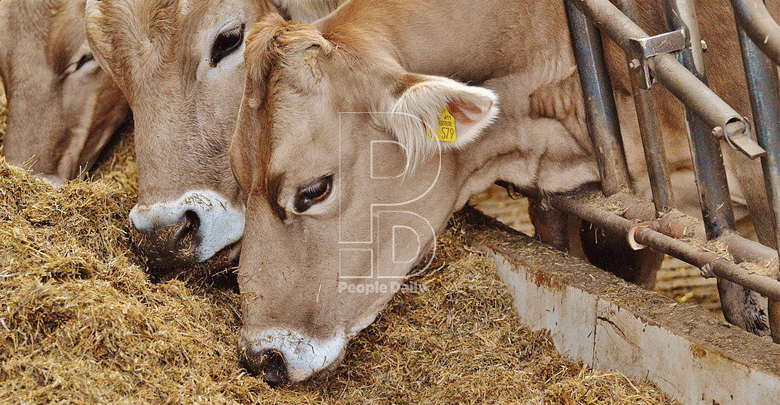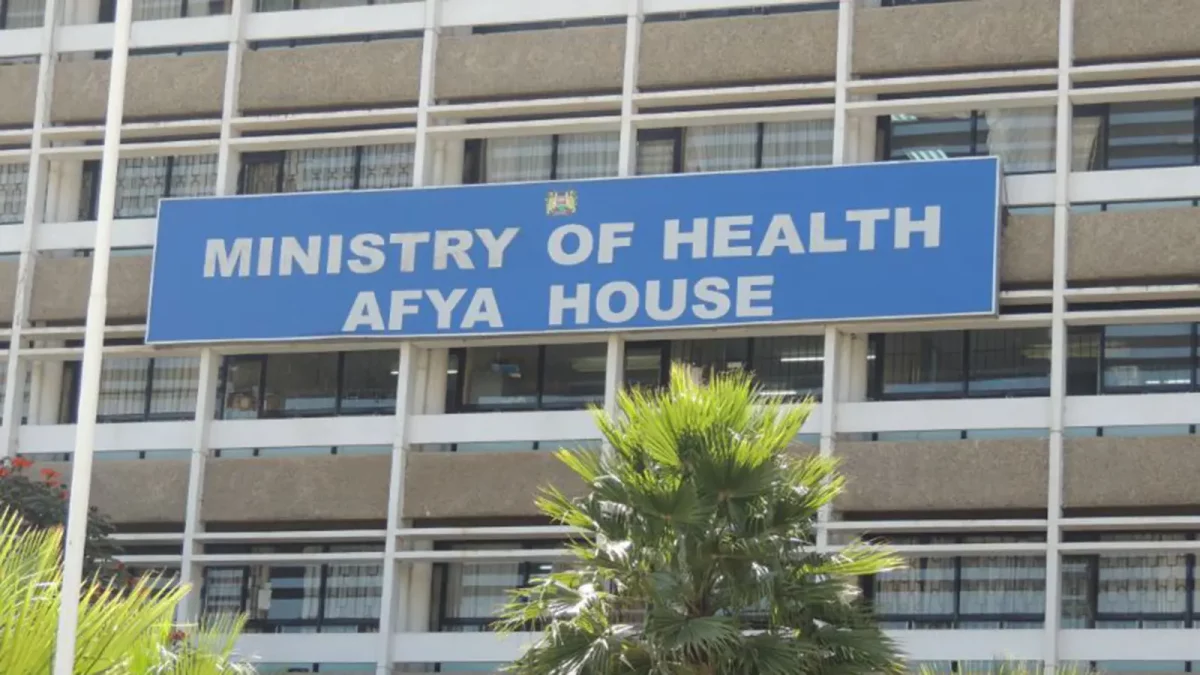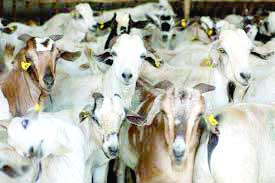Animal feed companies close shop due to low demand from farmers

COST: High cost of animal feeds production has seen manufacturers close shop amid low demand from farmers due to pricing. This is even as millers mull exporting fodder to the Middle East.
According to the Association of Kenya Animal Feeds Manufacturers (AKEFEMA) some 15 companies shut down as supply of various components of raw materials such as soya cake, wheat by-products and maize was in short supply.
The lobby’s chair for publicity John Gathogo said that animal feeds production is facing serious threat prompting some farmers to abandon dairy and poultry farming and venture into other economic activities as millers scale down on flour output due to low demand on shop shelves.
“Price of various feeds has gone up by more than 100 per cent making it exorbitant to farmers.
For example, a 50-kilogramme bag of dairy feed -maize jam has gone up to Sh1,500 currently compared to Sh750 five months ago,” said Gathogo on phone.
Exporters, he added, are shipping the same at double price in Saudi Arabia among other Middle East markets segments.
Poultry farmers are equally facing the same challenge as price of feeds increased by four per cent for the last three months, for example, a 50 kg bag of layers and chick is currently retailing at Sh2,550 from Sh2,450 three months.
He added, soya cake is only available in Zambia and Malawi where Kenya has to compete with importers from China and India.
The surviving manufactures, Gathogo said are operating at 60 per cent, leading to loss of jobs to Kenyans and decrease in liquidity of the firms.
Around February cost of one kg of soya reached Sh83 from Sh53 at the beginning of December last year.
AKEFEMA, a voluntary association has 100 animal feeds producers with 70 per cent of the members being in national feeds production.
External markets
“The situation has been compounded further by low supply of yellow maize as the government is yet to sanction importation of the same from some external markets,” he added.
Prices of yellow maize, the association stated, has increased by 20 per cent in the last two months warning of high prices owing to low supply of the raw materials.
Currently 90 kilogramme of yellow maize is retailing at Sh3,000 compared to Sh2,500 in May this year.
“Government needs to allow importation of GM yellow maize to reduce competition of white maize with maize meal millers,” Gathogo said.
“This will lower the cost significantly given that 70 per cent of the production cost emanates from feeds,” he said.












